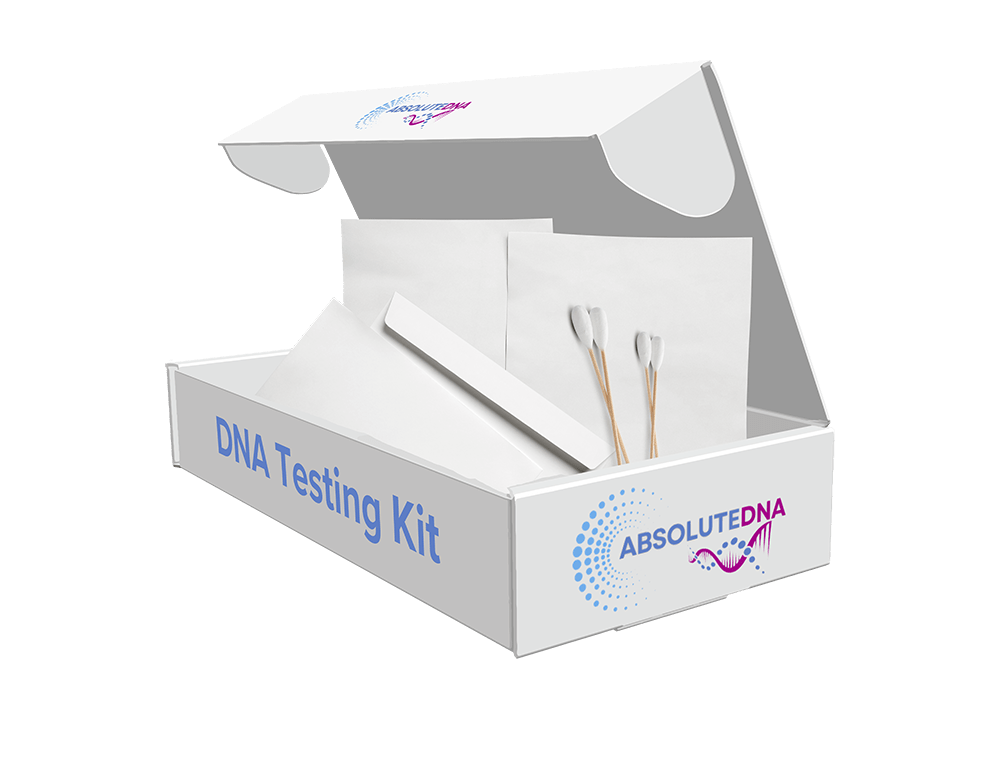The Folate Receptor Autoantibody Test (FRAT®) is a specialised blood test designed to detect the presence of autoantibodies against the folate receptor alpha (FRα). These autoantibodies can interfere with folate (vitamin B9) transport into the brain, potentially contributing to neurological, developmental, or psychiatric conditions.
FRAT® identifies two types of autoantibodies:
– Blocking autoantibodies (which inhibit folate binding)
– Binding autoantibodies (which may trigger inflammation)
Who Should Consider This Test?
FRAT® testing may be appropriate for individuals (children or adults) presenting with:
- Autism, especially with language or communication delay
- Developmental regression or unexplained developmental delay
- Seizures or movement disorders with no clear etiology
- Neuropsychiatric symptoms (e.g. treatment-resistant depression, schizophrenia)
- A history of recurrent miscarriages or fertility challenges, especially where folate metabolism is implicated
Always consult with a qualified clinician to assess whether the test suits your clinical picture.
How It Works
- Order & Receive Kit
We ship a collection kit to your address. - Blood Sample Collection
A small blood draw is taken (via local phlebotomy) following kit instructions. - Lab Analysis
The sample is sent to a partner laboratory where the assay measures both blocking and binding FRα autoantibodies. - Report & Interpretation
You receive a detailed report including titer levels for each antibody type and clinical interpretation guidance. - Consultation & Recommendations
Our clinicians (or yours) can review results and help guide targeted interventions, such as folinic acid dosing, dietary adjustments, and follow-up testing.
**Turnaround time will be communicated at the time of testing (typically several weeks, depending on lab logistics).
Price & What’s Included
- Starting price: $750.00 AUD
- Includes:
- Collection kit & shipping
- Laboratory processing of both blocking & binding FRα autoantibodies
- Detailed results report with titer data
- Basic interpretive guidance (consultation add-ons may be available)
Additional fees may apply for express service or follow-up consultations.
Important Considerations
- FRAT® is a diagnostic tool, not a standalone treatment. Interpret results in the context of clinical findings and under medical supervision.
- Autoantibody levels may fluctuate over time; if initial test is negative but symptoms remain, re-testing after 6 months may be reasonable.
- Results should be used to guide—but not replace—comprehensive clinical evaluation, genetic testing, metabolic workups, and therapeutic planning.
Why Choose AbsoluteDNA for FRAT® Testing
- We prioritise accuracy, confidentiality, and client support
- Kits are packaged discreetly
- Our team can assist in coordinating collection, shipping, and clinician liaison
- Backed by established DNA and molecular testing operations with strict quality protocols
Frequently Asked Questions (FAQ)
Q1. What does the FRAT® test measure?
The FRAT® test detects two types of folate receptor alpha (FRα) autoantibodies — blocking and binding. These may interfere with the transport of folate to the brain and nervous system, impacting neurological and developmental function.
Q2. Who should consider the FRAT® test?
Individuals (children or adults) experiencing developmental regression, language delays, seizures, or unexplained neuropsychiatric symptoms may benefit from testing. It is also recommended for those with suspected folate transport issues or recurrent pregnancy losses.
Q3. What sample type is needed?
A simple blood sample is required. Your kit includes everything needed for collection, centrifugation, and return shipping. Collection and shipping costs are covered in the testing fee.
Q4. How are results reported?
You’ll receive a detailed report showing antibody titers (for blocking and binding types), with interpretation guidance to share with your clinician.
Q5. How long do results take?
Results are typically available within 4-6 weeks after the sample reaches our partner laboratory.
Q6. Is the FRAT® test diagnostic or predictive?
It is a diagnostic aid — not a definitive diagnosis. Results should be interpreted alongside other clinical and laboratory data by a healthcare provider.
Q7. Is follow-up testing required?
Because antibody levels can fluctuate, a re-test after 6–12 months may be recommended if symptoms persist or new concerns arise.

